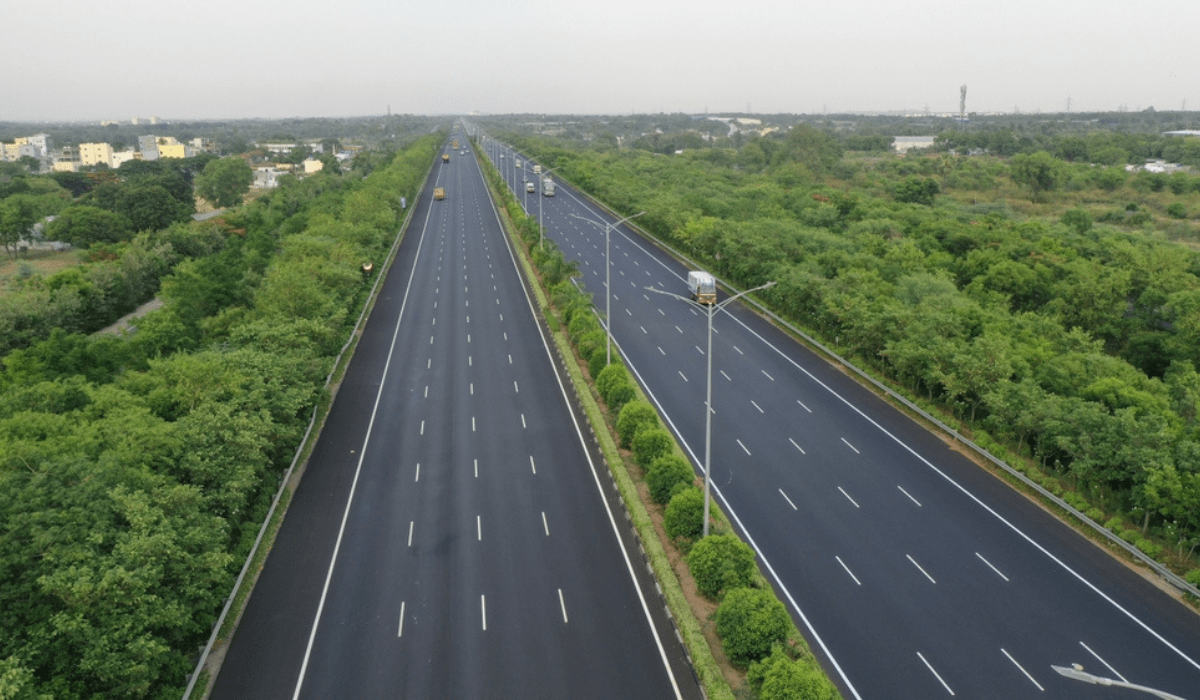Kerala’s capital, the Outer Ring Road (ORR) project, finds itself mired in significant delays, primarily due to pending environmental clearances and a protracted dispute over land acquisition compensation. A recent high-level meeting involving the Principal Secretary to the Chief Minister, National Highways Authority of India (NHAI) officials, and district administration representatives concluded without a clear timeline for disbursing funds to thousands of landowners, sparking renewed frustration and a threat of intensified protests. This impasse highlights the complex interplay between ambitious urban development and the imperative for equitable citizen engagement.
The state government is poised to submit the ORR project for environmental clearance from the Union government, a crucial step without which compensation cannot be released. While officials express optimism for swift approval, the uncertainty surrounding the timeline has exacerbated the plight of approximately 6,000 landowners across 24 villages who surrendered their land nearly three years ago. Their mounting exasperation stems from a perceived lack of accountability and the severe financial strain imposed by the prolonged wait. Chandramohan Nair, convenor of the action council representing these landowners, voiced a profound loss of trust, questioning the rationale behind acquiring land for a project not yet fully approved by the Centre.
The financial implications of these delays are substantial. The estimated land acquisition cost for the ORR has surged from an initial ₹1,800 crore to over ₹3,800 crore. This dramatic escalation is largely attributable to the 12% annual interest mandated on delayed payments under the Right to Fair Compensation and Transparency in Land Acquisition Act, placing an increasing burden on both state and central exchequers. The project’s northern stretch, from Thekkada to Navaikulam, remains particularly affected by the environmental clearance bottleneck, further compounded by a recent Supreme Court ruling that struck down a 2017 notification related to post-facto environmental approvals.
For Thiruvananthapuram, the 80-kilometre Outer Ring Road is more than just a bypass; it is a strategic artery designed to connect the Vizhinjam International Seaport to National Highway 66, significantly easing traffic congestion within the capital and facilitating smoother logistics. This infrastructure is vital for the city’s aspirations towards becoming a sustainable and economically vibrant urban hub, promoting efficient trade and reducing vehicular emissions through better traffic flow. However, the current stalemate threatens to undermine these long-term benefits, as public confidence in large-scale development projects diminishes without transparent and timely compensation processes.
The landowners’ decision to launch an indefinite hunger strike from August 1 in front of the NHAI office underscores the urgent need for a resolution that prioritises human welfare alongside developmental goals. While Union Minister Nitin Gadkari has reportedly assured final project approval by July-end, the gap between policy pronouncements and on-ground implementation remains a critical challenge. For Kerala to truly advance its agenda of creating eco-friendly, gender-neutral, and equitable cities, it is imperative that land acquisition processes are streamlined, compensation is disbursed promptly, and environmental clearances are secured efficiently, ensuring that the burden of progress does not disproportionately fall upon its citizens.
Also Read: Boiler‑oil tanker crashes into truck on Ghodbunder Road one injured


